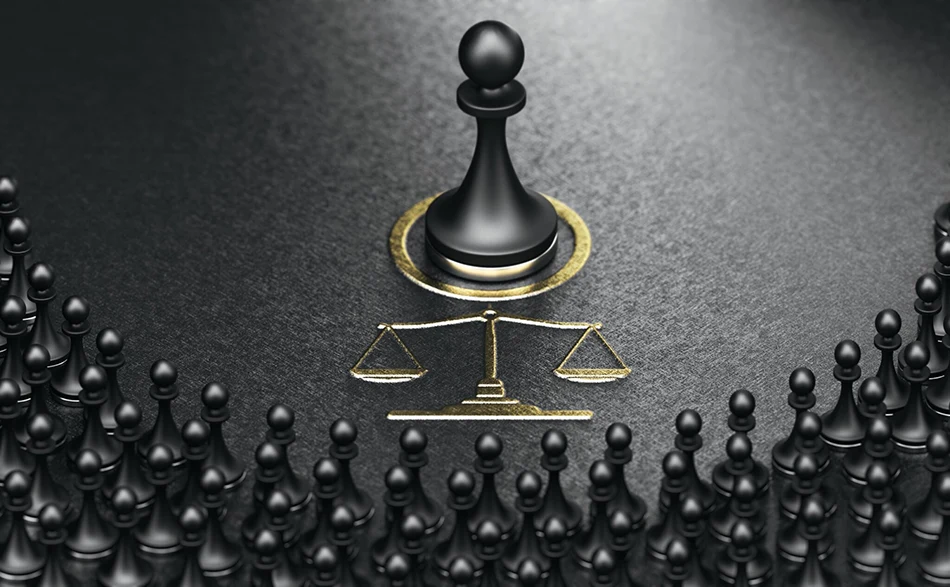
Class action lawsuits are a powerful legal tool that allow individuals and small businesses to join forces against corporations that cause widespread harm. But what exactly qualifies a case as a class action—and why are these lawsuits becoming more common? This article explains what qualifies as a class action case, how the process works, and why it’s an essential mechanism for justice in today’s economy.
Real-World Examples of Class Action Lawsuits
A class action lawsuit is a legal action initiated by one or more people on behalf of a larger group that has experienced similar harm. These lawsuits can address a variety of issues, from data privacy violations to price-fixing. Here are some real-world examples:
- Automakers selling driver data to insurance firms without consent, resulting in increased premiums.
- Landlords working together to raise rental costs.
- Employers demanding early arrivals or late departures without compensating their employees.
These are not hypotheticals—they’re real cases that highlight how class actions expose systemic misconduct.
Why Class Actions Are on the Rise
Class actions are gaining traction in response to the growing concentration of corporate power, said Simon Law attorney Jer Nixon.
“In American free-market capitalism, the goal is to minimize heavy-handed regulation,” Nixon said. “Instead of regulating companies on the front end, the approach is, ‘Do what you want, but if you hurt people, you will have to pay.’”
When fewer companies dominate a market, misconduct can affect more people similarly. That’s where class action lawsuits play a critical role.
Nixon, who regularly files and litigates class action lawsuits in Missouri and nationwide, says one reason for the increase in class action cases is the rise of industry consolidation. As large corporations dominate entire markets, uniform misconduct becomes more likely, such as overcharges, data misuse, or anticompetitive pricing.
“The biggest corporations and private equity firms are seeing that they can charge higher prices on essential goods, like food, because there are fewer competitors,” Nixon explained. “But corporate consolidation doesn’t just affect prices and choices—it shapes the legal landscape, often making class actions a vital tool for holding powerful entities accountable.”
As there are fewer competitors across numerous industries, corporate consolidation heightens the risk of similar misconduct, making class actions increasingly vital.
When Can a Case Be Filed as a Class Action?
A class action lawsuit is a legal case brought by one or more individuals on behalf of a larger group that has experienced similar harm. This approach works best when:
- A significant number of people or businesses are harmed in the same way
- The claims involve common legal or factual issues
- One or more plaintiffs can serve as class representatives
- Resolving the case as a class action is more efficient than individual lawsuits
Class actions are especially effective when a company causes small but widespread financial harm. For example, if a corporation takes $50 from each of 10,000 customers, the total impact is significant, even if individuals wouldn’t typically pursue a claim alone.
“The law has also evolved to provide economic compensation for harder-to-quantify damages, such as privacy violations.”
How Do Class Actions Work?
Class representatives—essentially one or more of the plaintiffs—file a lawsuit for everyone harmed. Then, a judge determines whether the case can proceed as a class action.
This approach fosters efficiency by not forcing every class member to file their time-consuming case, sit for their deposition, or conduct their trial. Class actions allow thousands, or even millions, of people to join together and pursue justice more effectively, especially when individual litigation is impractical.
Filing a lawsuit as a class action also allows attorneys to pool resources and work effectively on behalf of a large group when going up against well-funded corporations.
How Class Actions Help Consumers Fight Back
Class actions are vital for protecting consumer rights and holding powerful companies accountable. They:
- Make litigation feasible when individual claims are too small to pursue alone
- Deter corporate misconduct by increasing financial accountability
- Help rebalance power between ordinary people and large institutions
Even harder-to-quantify damages, such as privacy violations, can be addressed through class actions, thanks to legal precedents allowing compensation beyond direct economic losses.
Final Thoughts on Class Action Lawsuits
Class actions go beyond merely obtaining compensation; they aim to deter corporate misconduct and influence practices throughout various industries. In light of current consolidation trends, these lawsuits ensure corporations are held accountable for consumer exploitation when alternative solutions fall short.
If you believe you’ve been affected by corporate misconduct—whether through overcharges, unfair practices, or privacy violations — contact Simon Law to learn whether a class action lawsuit may be right for your situation.

